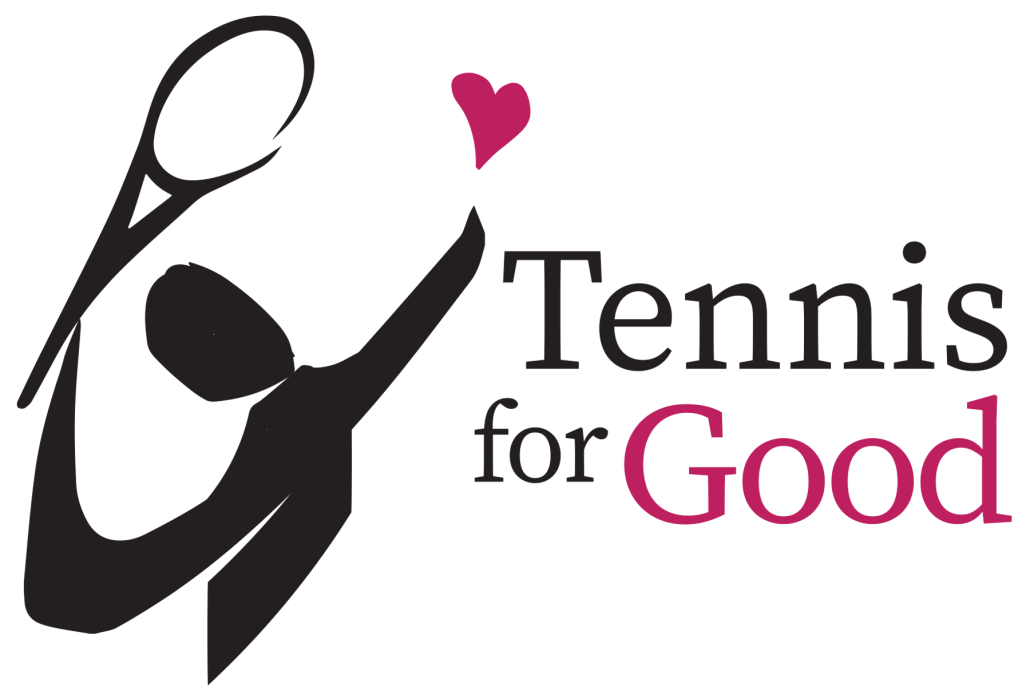TODAY’S MEDITATION: A THOUGHT OR THREE ABOUT OVERTHINKING
 A practice partner once said to me about playing tennis: “If you’re thinking, you’re stinking.”
A practice partner once said to me about playing tennis: “If you’re thinking, you’re stinking.”Was he right? When you’re playing tennis, is thinking, by definition, overthinking? Or are there shades of thinking only some of which are a problem?
I’ve tried to get at a useful answer by compiling the sort of things that go on inside my head when I’m playing tennis. The following list, while lengthy, is probably incomplete:
-
Self-exhortation — “You’ve got this!”
-
Self-judgment — “You dope!” “You stud!”
-
Strategy — “Go down the line!”
-
Performance mantras — “Quick feet!”
-
Affirmations — “There are no ‘uh-oh’s in my game.”
-
Positive reminders — “Remember how great you did the last time you got into this situation?”
-
Technical corrections — “Racket above the wrist when you volley!”
-
Self-visualizations — “I’m going to get perfectly still in my core as I prepare to return serve.”
-
Role-play visualizations — I’m in a sprinter’s starter blocks or pretending my backhand looks like Musetti’s.
-
Information-gathering — “I can exploit that technical weakness!”
-
Error correction — “Don’t miss this one like you did the last one!”
You get my point. There are lots of types of ‘thoughts’ — and some of them may not even qualify:
-
When you praise or hate on yourself, it’s not a thought so much as an emotional blip firing into your brain in the form of a word.
-
When you decide what shot to hit next, it comes to you like a voice from the void. It’s not a thought — it’s more like a directive.
My point being: You can’t help but think when you’re on the court. You want to be thinking on the court. You need to be thinking on the court — and some of those brain-things you want to be doing don’t even qualify as ‘thinking.’
Now, to be clear, there are also head trips that should be avoided. But where’s the line? Where does ‘good thinking’ stop, and ‘overthinking’ begin?
I can only speak for myself. My overthinking shows up in three ways:
-
I overload myself with instructions and injunctions. Instead of “Go for it!”, I go with, “Go for it! And turn your hip! And keep your elbow in! And make sure you follow through!” Why do well with one instruction when you can screw up with four?
-
I double- or triple-clutch on my strategic choices and go with my second or third option. I start playing chess, a head game, instead of tennis, a body game. This backfires consistently.
-
I get insecure because I’m missing what I should be making, and that sends me back to basics — in other words, to the instruction manual inside my brain. When this happens, I start executing with all the grace of someone reading off a blueprint. It’s an ugly experience and, for me, the worst kind of overthinking.
As a rule, when I overthink, I go there out of insecurity — I’ve lost faith in my innate ability and impulses. It’s a defense mechanism.
The way to deal with it isn’t by issuing directives: Stop overthinking! You can’t cancel a negative with another negative.
The only truly effective way I’ve found to “get out of my head” (a useful term in this instance) is by dealing with the emotion that got me there in the first place. And this requires me, that’s right, to use my brain — to do some necessary and productive thinking.
For me, getting out of your head means noticing — which is a type of thinking — that you’re trapped inside your head again, remembering — another type of thinking — that you know how to deal with the problem, instructing — yup, thinking— yourself to implement your solution, and then overseeing your self-cure (yet another mental operation), for instance, by instructing yourself to visualize yourself as ‘cool like Fonzi’ or, more importantly and essentially, by making sure you return to your breath, your all-important breath, which is probably the most time-honored way in human history to get out of the mind-trap of your head and back onto solid ground again.
Thinking can drag you into ruts. But it’s thinking that drags you out again.
Do you overthink on the tennis court? How about off the court? Have you identified the underlying causes? Have you developed effective solutions?


Leave a Reply
Want to join the discussion?Feel free to contribute!